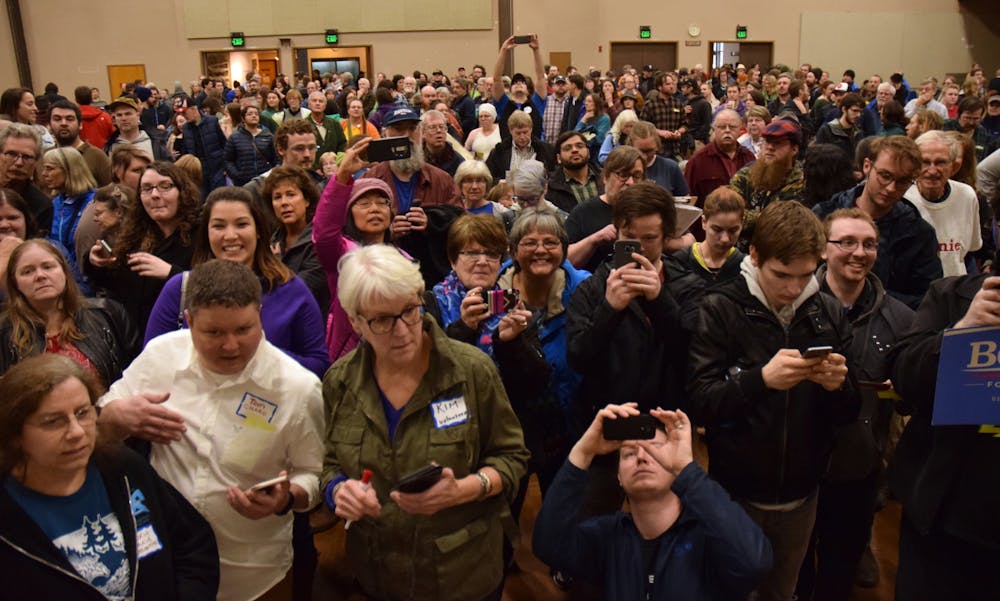After the kerfuffle that was the Iowa Democratic caucuses, the merits of placing one state in such an important position are increasingly questionable. The political importance of the votes in Iowa and New Hampshire seems outlandish, given their population size and overwhelming whiteness.
Iowa won their first-place privilege due to their complicated caucus process and a desire to make the primary process more inclusive after the 1968 convention. New Hampshire is so early simply because they were in 1920, and have not changed it yet. Now that both states are used to going early, their voters expect the economic boost due to political visits (exhibit A: the Iowa state fair) and political pandering every four years.
The concept of rotating the first state of the primary has been tossed around as a solution to this dilemma. However, this rotation does not solve the fundamental issue of fairness between the states. The early-voting states will still have more candidates as options, but “waste” votes on candidates that drop out before the convention, whatever the states are. The only proper solution is to hold a single election day.
When the first caucus was held in Iowa, voters chose between eleven candidates. Even though some consider caucuses undemocratic by nature, these voters could choose the candidate that best fit them — nuances and all. When my Chicagoan family walks into the polls on March 17, there will be three remaining candidates on the ballot, assuming Tulsi Gabbard lasts that long. Those registered in New Jersey will have to wait until June 2 to choose between the two remaining viable options. How is that democratic?
Whatever my political preferences are, I should be given the same opportunity as any other American to choose from the wide array of candidates.
It is irrelevant whether condensing this primary to a single election day would have changed results or not. What matters is that it would allow every voter to choose the candidate of their choice without sending a vote for a drop-out candidate or settling for their second (or third or fourth) choice.
It would eliminate the risk of early voters choosing a candidate that is out of the race by the time their vote is counted — like the Iowans who caucused for Buttigieg or the Bay Staters that voted for Warren. It would eliminate the undue power held by Iowa and New Hampshire, whose populations are very white and do not represent the Democratic Party or America as a whole. It would cut down on the seemingly endless string of headlines and drop-outs and endorsements that leave later voters with more information and fewer options than earlier ones.
Moreover, it would cut down on the vicious attacks between primary candidates, which weaken the winner for the general. Especially since Donald Trump has no competitive primary, Democrats are bamboozling themselves with friendly fire.

By dragging out the primary, we elicit unwarranted attacks on character and encourage messy, frenetic debates that only stand to hurt the chances of beating Trump in the general. Biases against women and candidates of color force them to drop out before they get a chance to prove their worth. It is this process that took us from the most diverse primary field in history to a choice between two white male millionaire septuagenarians — albeit ones with different ideas.
Even more, many of the candidates are current public servants. Asking sitting senators, governors, and representatives to take so much time from their work to campaign only hurts our democracy. Focusing on a day gives these elected officials more time to do their jobs.
The voting system as it stands is a major problem. The answer is a Super-Duper Tuesday. Turn these four months of chaos into a few weeks where everyone can vote, and, finally, focus on the general.
Ana Pranger is a sophomore in the Economics department from Chicago, Illinois. She can be reached at apranger@princeton.edu.









